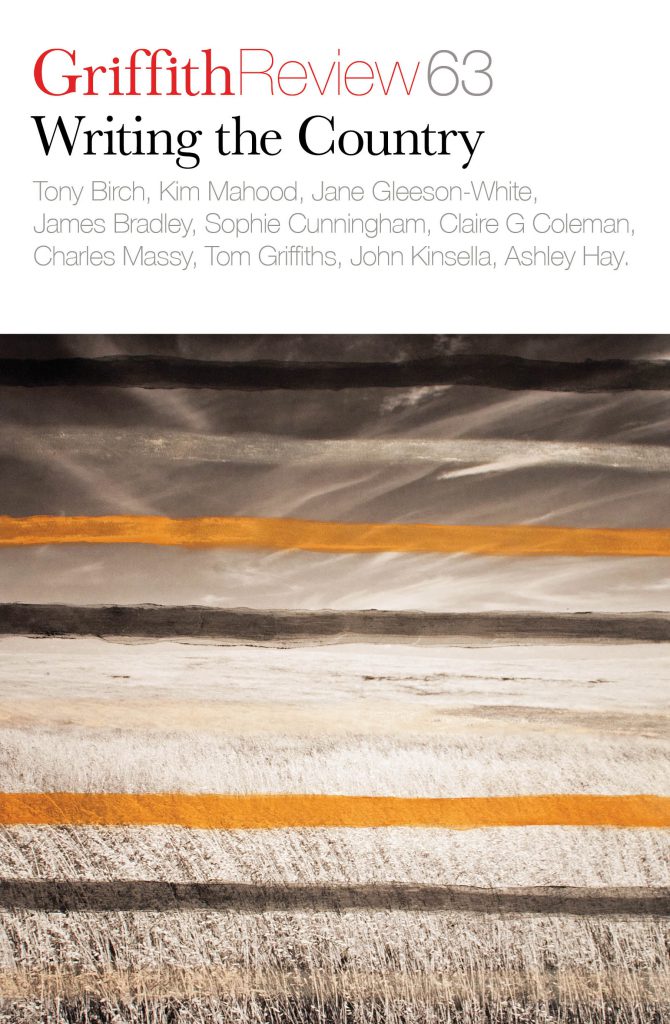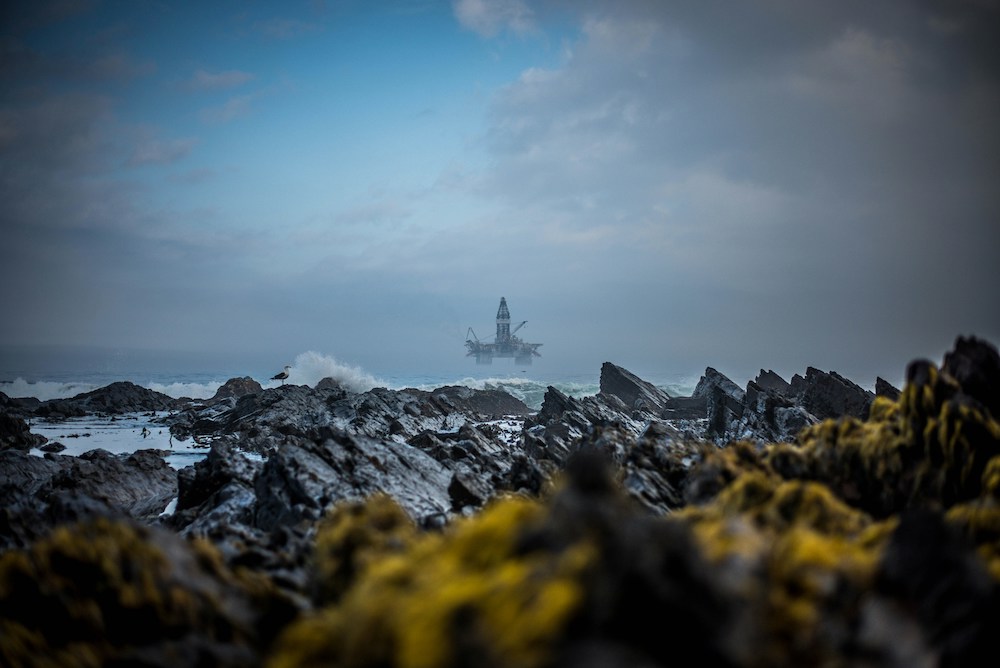Featured in

- Published 20190205
- ISBN: 9781925773408
- Extent: 264pp
- Paperback (234 x 153mm), eBook

Already a subscriber? Sign in here
If you are an educator or student wishing to access content for study purposes please contact us at griffithreview@griffith.edu.au
Share article
More from author

Inside the dark tower
Thinking of what is gone, I pause on the bridge and look back. The windows and sleek curvature of Woodside Karlak now give the impression of smooth scales, sliding upwards towards the encroaching night. It is hard not to appreciate elements of the architecture, even when you know what is being sacrificed as a consequence of the decisions that take place behind the darkened glass of the great tower.
More from this edition

On suicide watch?
IntroductionTHE WORLD IS full of beautiful places. Beaches and oceans, cliffs, forests, mountains and valleys, deserts, rivers, islands, harbours and bays. Places where the...

The suburbs, the ’60s
MemoirIT’S 1961, AND the kids of the baby boom are rapidly outgrowing old nests. On the eastern edge of Melbourne’s suburbs, orchards and dirt...

could be
Media (Callerya megasperma family Fabaceae. Native wisteria.) Australian-style mimesis is native daphne, frangipani, gardenia, violet … Is Callerya megasperma, native wisteria. Is the megasperma, the big...